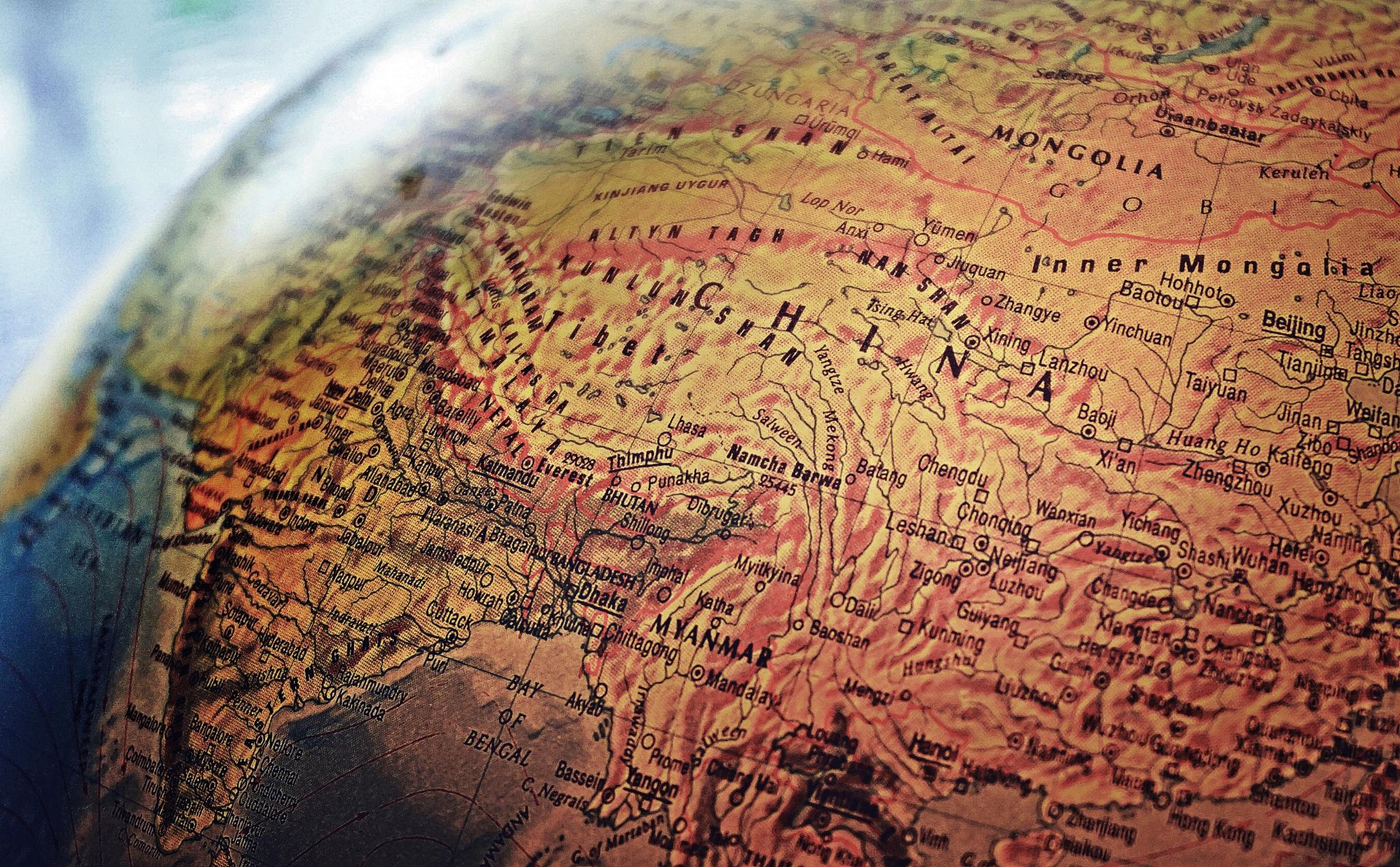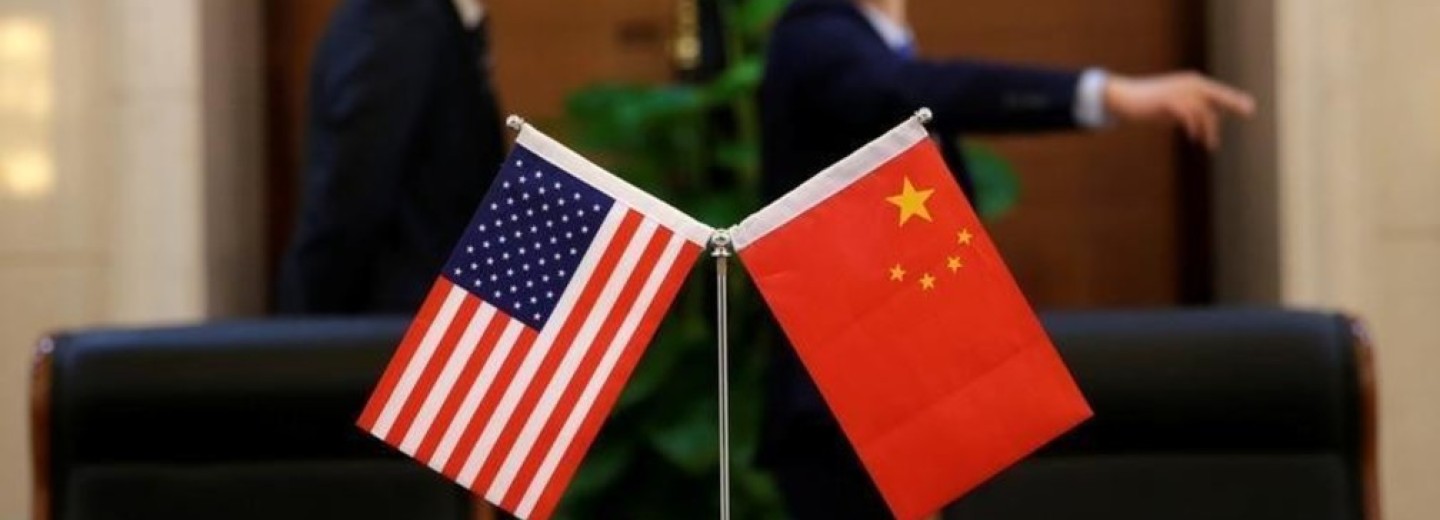China and the world
We return to a major theme of this blog – China’s changing place in the world and how the world and China react to it. Every country is assessing its approach. Hundreds of thousands of words appear each week in media everywhere. Opinions are sharply divided. In this and future posts, I shall try to summarise the opinions of experts, with their implications for both China and the rest of the world. The words are not always mine. Some opinions are not necessarily justified by the facts; in geo-politics, little is the way it seems.
Yet, the debate and its outcomes affect every one of us.
Setting the scene
We begin with a conference organised recently by the Henry Jackson Society.
There has been growing concern about an increasingly assertive China’s ability to reshape the existing international order – which has been compounded by worries that a disunited liberal, democratic, world lacks the will to push back.
Will President Biden be able to unite the west on China as he proposed at the recent G7 meeting in the UK? Biden differs from Trump’s solely economic focus. Biden’s arguments are both economic and ideological. But will Europe set aside its economic concerns and embrace the President’s ideological ones? Speakers felt that it was possible but unlikely. The EU is far from single-minded, and its countries are (mostly) fiercely autonomous. The USA is weakening and can no longer be trusted to do what it advocates. Despite soothing words, EU-USA unity is still only a dream.
However, China too has upset many countries. Its killing of Indian troops in the border dispute with China has rebounded badly, not only in India, but in other parts of the world. Chinese ‘Wolf warrior’ diplomacy disturbs western citizens and their governments. China has fewer allies. Even ASEAN seems to be tilting towards the USA. China’s sole selling point now, some say, is its economic strength. But is this enough to keep China on top and will it last?
Other views
Professor Wang Jisi of Beijing University re-states the mutual antagonism between the USA and China. Each holds the other responsible for the current impasse. China believes that the USA has repeatedly meddled in its internal affairs. The USA is: “the greatest external challenge to China’s national security, sovereignty, and internal stability.” And yet: “many in Washington argue that this tougher new consensus on China has emerged in response to more assertive, even aggressive moves on Beijing’s part: in their view, China has forced the United States to take a firmer stance.”

However, both the USA and China must accept two realities.
The first is that the Chinese Communist Party (CCP) enjoys immense popularity among the Chinese people; its grip on power is unshakable.
Our post last year highlighted this.
Likewise, China has to accept that: “the United States will remain the most powerful actor shaping the global order.” Despite the USA’s many internal problems, “Its strength…lies in its diversity, its culture of innovation….”
There is no doubt that: “The US-led unipolar order is fading away, its demise hastened by China’s rise and the United States’ relative decline. In its place will come a multipolar order, with U.S.-Chinese relations at its core,” writes Yan Xuetong. The bottom line, in Beijing’s eyes, remains the same: China has become a global power that can meet the rest of the world on an equal footing.
The United States defines democracy and freedom in terms of electoral politics and individual expression. China’s culture (as it always has) defines them in terms of security and economic development. Washington must accept these divergences rather than try to impose its own views on China.
In order for respect to take precedence over mutual posturing and recriminations, there needs to be some – if only tacit – agreement about trade and economics. The two economies have become so deeply intertwined, that economic and technological decoupling would incur myriad losses and foster unprecedented uncertainty. Most analysts believe that neither economy will thrive unless both enjoy a strong recovery in the wake of the pandemic.
The example of Hong Kong
Nowhere is this more apparent than in Hong Kong. As a last outpost of former colonial Britain, the City is one of the world’s greatest financial centres, competing with London and New York for status and prestige. Western commentators believed is due to Hong Kong’s ‘freedoms’ (it was never democratic), transparency and lack of corruption. They contrast this unfavourably with attempts by the mainland to replicate Hong Kong in its cities.
Kurt Tong, a Partner at the Asia Group who served as U.S. Consul General in Hong Kong from 2016 to 2019 writes:
As Beijing pushes forward with its crackdown on political freedom in Hong Kong, undeterred by protests from outside China, many Western observers have comforted themselves with the notion that China will eventually pay a hefty price for its aggression.
The crackdown, some believe, will inevitably lead to Hong Kong’s demise as a global financial centre.
Not so, Kurt Tong concludes:
The urge in Washington, London, and other capitals to punish China for what it has done in Hong Kong is natural and palpable, but outside powers lack leverage to influence Chinese policy. The uncomfortable truth is that Hong Kong, despite the hollowing out of its democratic system, remains tremendously useful to the United States and other Western powers, and its continued success as a financial market and economic gateway to China remains important for the global economy.
Mr Tong falls into the western trap of believing that Hong Kong was somehow democratic before cracking down on rioters. As Alex Lo, writing in the South China Morning Post, says:
The city is not losing a democracy it never had but simply going back to being an apolitical community focusing on finance and trade, as it had always been, after a brief and anomalous period of intense and often violent politicisation.
Kurt Tong and Alex Lo are right. Hong Kong is all about finance and trade. Politics are important only if they facilitate, or hinder, business. The blunt pragmatism of this position baffles the USA. How can any group of people willingly ignore their political rights? By implication, they must be ‘brutally supressed’.

How can this be?
My take
The answer to both sides is in my blog in March 2020. It has nothing to do with economics or freedom, and everything to do with history and culture. China’s far older and larger civilisation had to develop ways to feed and house a huge population thousands of years ago. The best way to do this at the time was to instil order and discipline in individuals so that the family and the community received preference over individual rights. Order and discipline were paramount. This is still true today. It is culture – not politics.
By contrast, the pioneers who founded the USA, were champions of individualism and ‘freedom’. That is why they left England in the first place. Indeed, from Greek philosophy through to England’s Magna Carta and the French revolution, Europeans struggled to free themselves from feudalism and absolute monarchy. The founding of the Protestant creed of Christianity, for example, was, as its name implies, to bring about freedom of worship.
China and the West each consider that their beliefs are right. And so they are – for their own cultures. In economics too there are major differences. China believes its controlled economy is more efficient.
The USA, and other western nations, believe theirs are more creative and dynamic. It is, however, hypocritical to use philosophy to justify economic struggles.The USA has lost some of its global ‘authority’. China is recovering its global position after centuries of decline. It is that simple. If there were not a competitive struggle between them, it would be surprising. Both countries have ‘hawks and doves’ trying to influence policy and secure allies in their cause.Angry rhetoric from both sides is futile and mutually self-destructive. Economic competition benefits everyone. Nations and people will respect each other to the extent that each can be of benefit to their own country and thus to the world.
Both Western and Chinese must acknowledge each other and work together for all our sakes.
Worked on the article:

Wanlikhang





